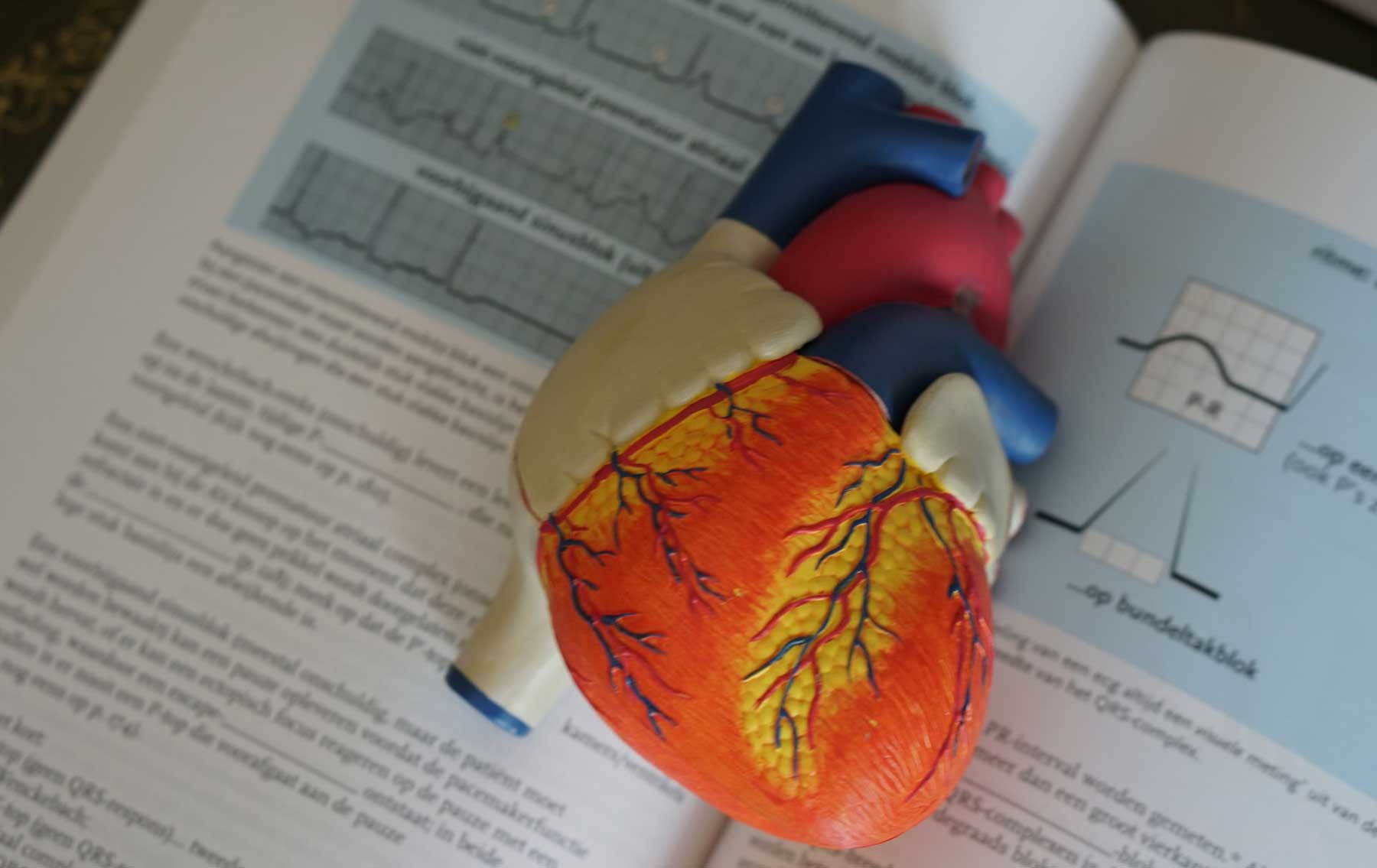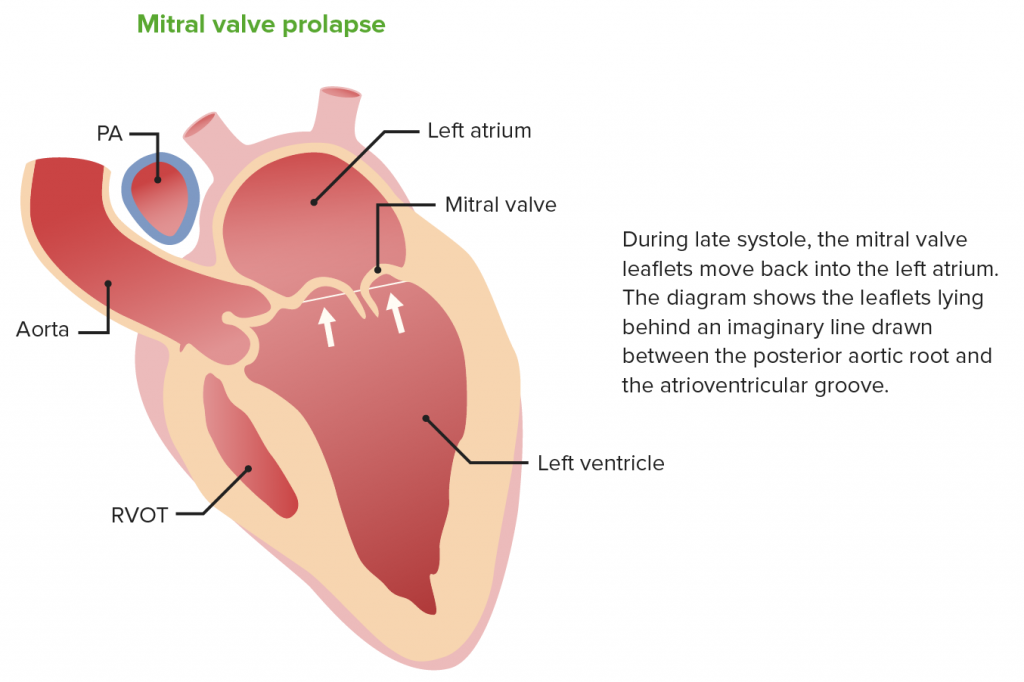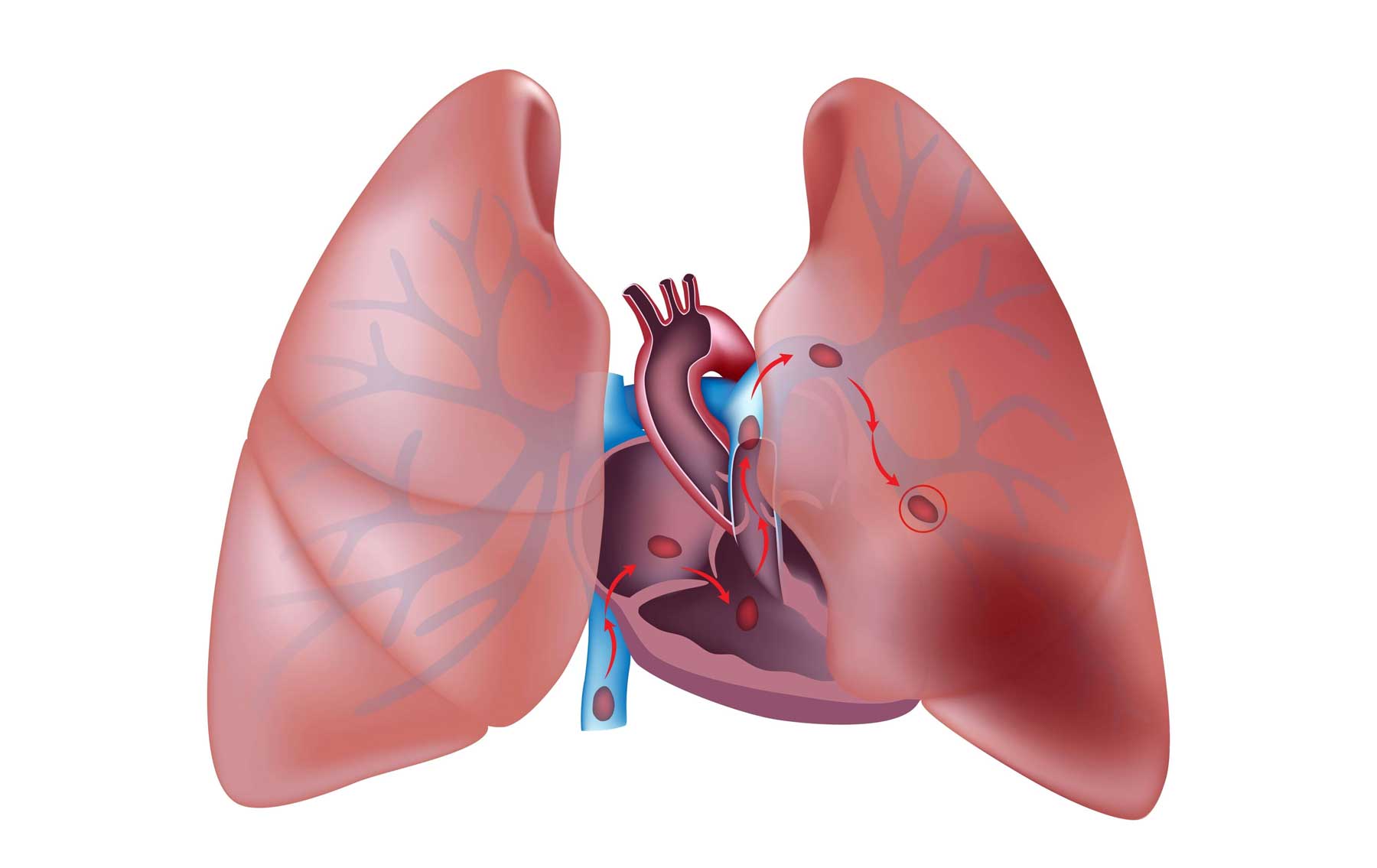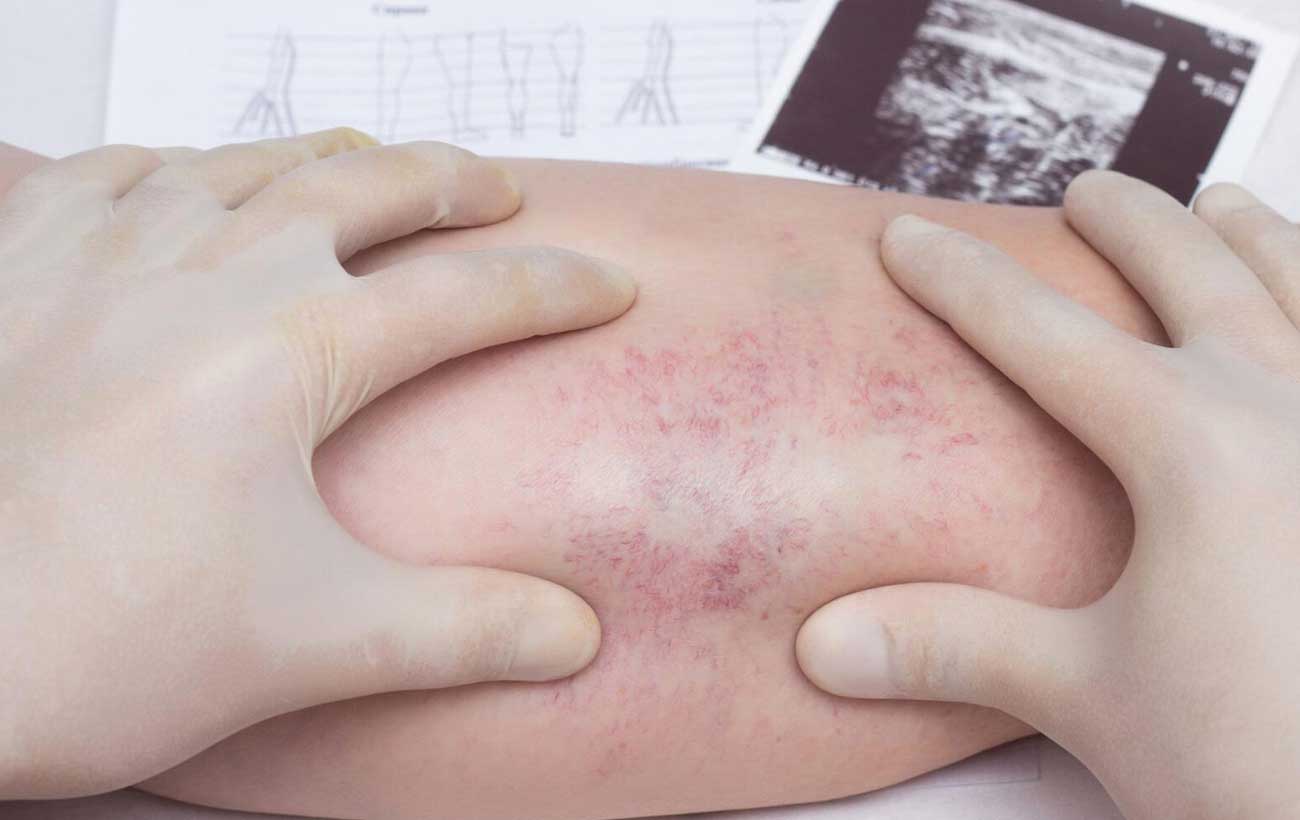Deep Vein Thrombosis Thrombosis is the formation of a blood clot (thrombus), which can partially…

Mitral Valve Prolapse
Mitral valve prolapse is a deformity of the mitral valve that can sometimes produce mitral regurgitation. Mitral valve prolapse produces a sound called a heart murmur that a doctor can hear through a stethoscope. This condition is much more common in women than in men.
The cause of mitral valve prolapse is usually not known, but it may result from an inherited weakness in the connective tissue of the valve that allows the valve to bulge. Occasionally, mitral valve prolapse results from rheumatic fever, heart disease, or cardiomyopathy (a degenerative disease of the heart muscle).
Symptoms
Symptoms of mitral valve prolapse may include chest pain, arrhythmias (irregular heartbeats), shortness of breath, or fatigue. However, most people who have mitral valve prolapse have no symptoms.
Treatments
Treatment for mitral valve prolapse is usually not necessary. However, people who have both mitral valve prolapse and mitral regurgitation need to take antibiotic drugs before having any type of dental treatment or surgery to help prevent infective endocarditis, a potentially life-threatening infection of the inner lining of the heart muscle. When mitral valve prolapse is severe enough to cause heart failure, a doctor may prescribe heart disease medications such as beta blockers, diuretics, or digitalis drugs, or he or she may recommend heart valve replacement surgery.




